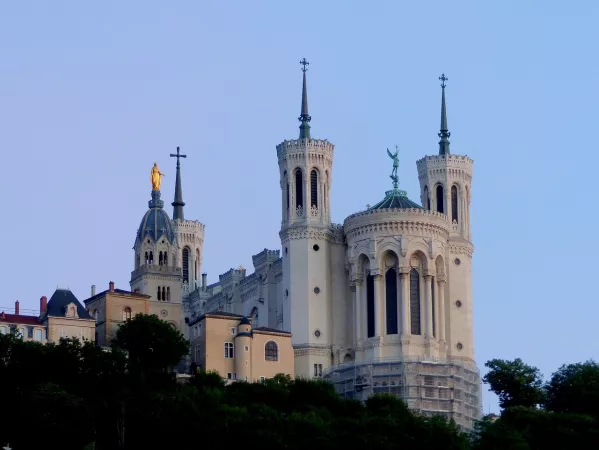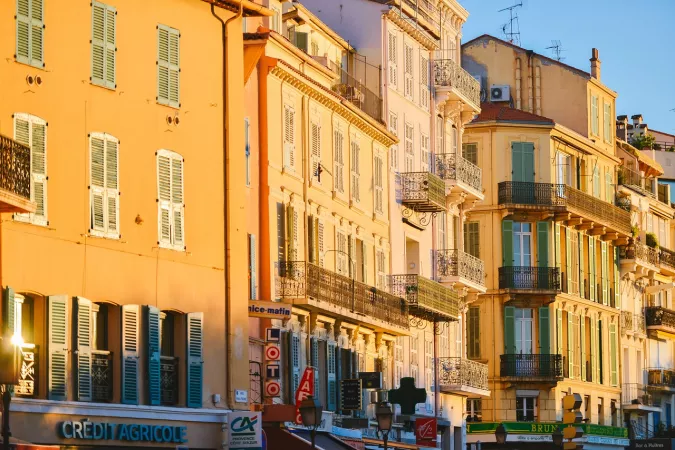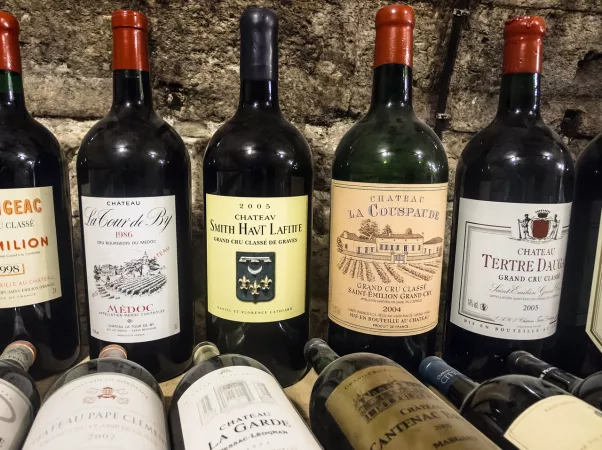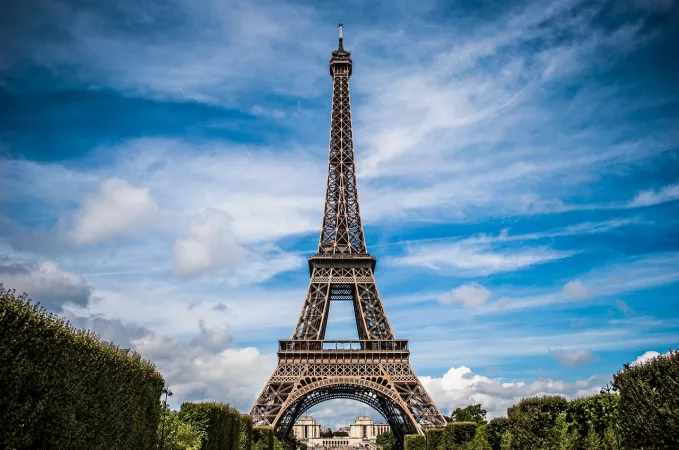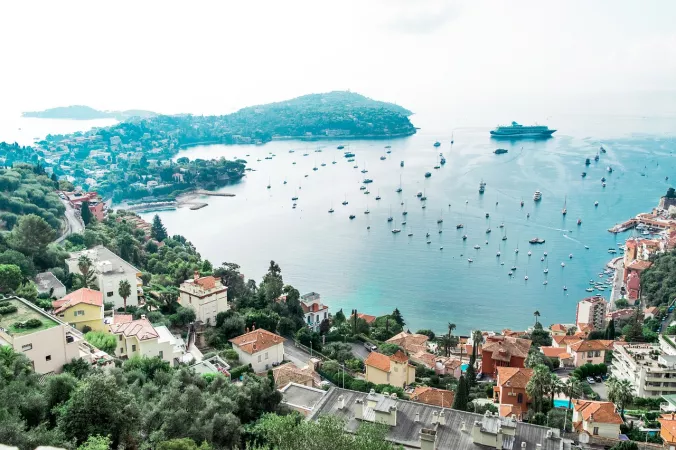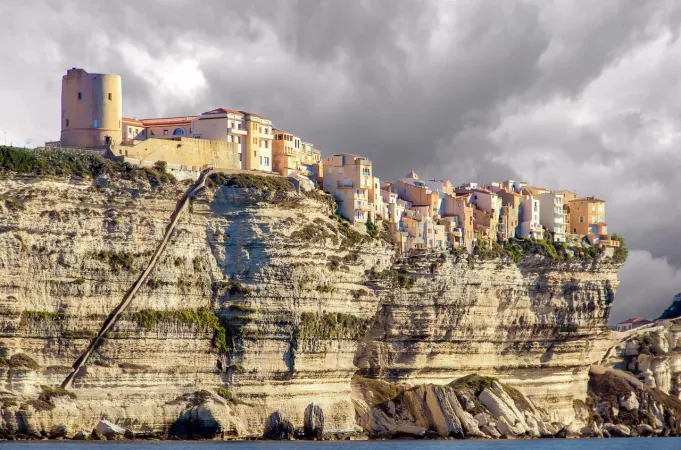
Corsica
Duration
5 to 10 Days
5 to 10 Days
Best time to visit
May-Jun, Sep
May-Jun, Sep
Theme
Hill Station, Beaches, Wildlife
Hill Station, Beaches, Wildlife
Corsica Travel Guide
Corsica, a stunning Mediterranean island, is a French territory known for its rugged mountains, beautiful beaches, and vibrant culture. The birthplace of Napoleon Bonaparte, Corsica boasts a rich history and unique blend of Italian and French influences. This enchanting destination is famous for its crystal-clear waters, picturesque villages, and delicious cuisine.Top Attractions in Corsica
1. **Calanques de Piana**: Marvel at the stunning red granite cliffs and turquoise waters. 2. **Bonifacio**: Explore this picturesque town perched on cliffs overlooking the sea. 3. **Scandola Nature Reserve**: Discover the untouched beauty of this UNESCO World Heritage site. 4. **Lavezzi Islands**: Relax on pristine beaches and swim in crystal-clear waters. 5. **Citadelle de Calvi**: Visit this historic citadel offering panoramic views of the town.Corsica is Famous for
Its breathtaking landscapes and pristine beaches.Top Attractions in Corsica
- **Calanques de Piana** - **Bonifacio** - **Scandola Nature Reserve** - **Lavezzi Islands** - **Citadelle de Calvi**What's Great about Travelling to Corsica?
- **Perfect for nature lovers** - **Great for beach enthusiasts** - **Rich history and culture** - **Delicious Mediterranean cuisine**What's Not So Great about Travelling to Corsica?
- **Limited public transportation** - **Peak season crowds** - **Hiking trails can be challenging** - **Language barrier for non-French speakers**Travel Tips for Corsica
- **Check visa requirements before traveling** - **Renting a car is recommended for exploring the island** - **Be cautious of pickpockets in touristy areas** - **Respect local customs and traditions**Important Corsica trip information
- Ideal Duration: 7-10 days for a comprehensive visit.
- Best Time to Visit: May to September for warm weather and outdoor activities.
- Nearby Airports and Railway Stations: Ajaccio Napoleon Bonaparte Airport, Bastia-Poretta Airport, Ajaccio Railway Station, Bastia Railway Station.
Top 6 Places to visit in Corsica
FAQ's on Corsica
Q1: What is the best time to visit Corsica?
Corsica is best visited during the spring and fall months when the weather is mild, and the island is less crowded. May to June and September to October offer pleasant temperatures for exploring the beaches, hiking trails, and historical sites. Summer months of July and August are popular but can be hot and crowded due to tourists. Winter can be rainy, but the island's natural beauty still shines through for those looking for a quieter experience.
Q2: Do I need a visa to travel to Corsica?
Corsica is a part of France, so if you are an EU citizen, you do not need a visa for short stays. However, travelers from non-EU countries may require a Schengen visa to enter Corsica, depending on their nationality. It is advisable to check the specific visa requirements based on your country of origin before traveling.
Q3: What are the must-visit attractions in Corsica?
Corsica boasts stunning attractions such as the Calanques de Piana, the citadel of Bonifacio, the Lavezzi Islands, and the picturesque town of Corte. Nature lovers can explore the rugged Calanches de Piana, while history enthusiasts can visit the ancient ruins of Filitosa and the Genoese towers scattered along the coastline. Don't miss the scenic drive through the Corsican countryside or a boat trip to the remote Scandola Nature Reserve for a truly unforgettable experience.
Q4: Is Corsica a safe place to travel?
Corsica is generally a safe destination for travelers. However, like any other place, it is essential to be cautious of petty theft, especially in tourist areas. Certain neighborhoods in larger cities like Ajaccio and Bastia may have higher crime rates, so it is advisable to stay vigilant and avoid walking alone at night. By taking standard safety precautions and being aware of your surroundings, you can enjoy a safe and pleasant trip to Corsica.
Q5: What is the local currency in Corsica and can I use credit cards?
The official currency in Corsica is the Euro (EUR). Credit cards are widely accepted in hotels, restaurants, and larger stores, but it's recommended to carry some cash for smaller purchases and in more remote areas. ATMs are available in most towns and cities, making it convenient to withdraw money. Check with your bank regarding international transaction fees before using your cards in Corsica.
Q6: What is the local cuisine like in Corsica?
Corsican cuisine is a delightful blend of French and Italian influences, with a focus on fresh, local ingredients. Must-try dishes include wild boar stew, brocciu cheese, fiadone (a traditional dessert), and local charcuterie. Seafood lovers will enjoy the abundance of fresh fish and seafood along the coast. Corsican wine, particularly the Niellucciu and Vermentinu varieties, complements the flavors of the cuisine. Be sure to visit local markets to sample regional specialties and experience the rich gastronomic heritage of Corsica.
Q7: What transportation options are available in Corsica?
Corsica offers various transportation options for travelers, including buses, trains, rental cars, and ferries. The island has a well-connected network of buses that link major towns and tourist sites, making it convenient for exploring. Renting a car is ideal for exploring remote areas and scenic routes, giving you the flexibility to travel at your own pace. Ferries connect Corsica to mainland France and Italy, providing an alternative way to reach the island. Trains are a scenic way to travel through the island's mountainous terrain, offering breathtaking views along the journey.
Q8: Are there any cultural norms or etiquette I should be aware of when visiting Corsica?
When visiting Corsica, it's important to respect the local customs and traditions of the island. Corsicans are known for their hospitality and warmth, so greeting people with a friendly "Bonjour" or "Bonsoir" is appreciated. When dining out, it is customary to wait for the host to indicate where you should sit and to offer a toast before the meal. Dress modestly when visiting churches or religious sites, and always ask for permission before taking photographs of locals. Corsicans take pride in their language and culture, so showing an interest in learning a few basic phrases in Corsican or French can go a long way in building rapport with the locals.
Q9: I am a travel agent. How can I buy travel leads of Corsica?
Register yourself as a travel agent at agents.tripclap.com and then you can buy travel leads to Corsica once your account is approved. For more details contact our support team at +91-8069186564 or support@tripclap.com

